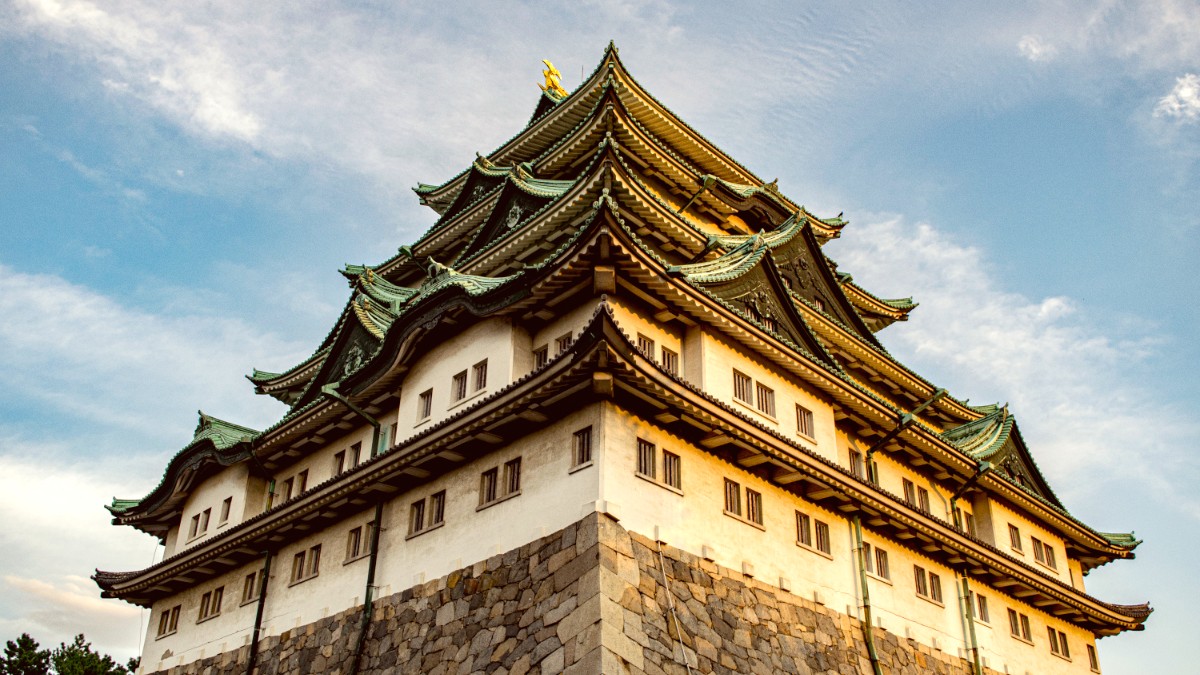
Central Honshu, Japan
A necessity for navigation in Japan. It gives highly accurate public transport directions, walking routes, and real-time information.
These apps specialize in train schedules and routes across Japan, including the Shinkansen and local lines. They provide detailed public transport planning.
Important for overcoming language barriers. Download the Japanese language pack for offline use. Its camera translation feature is incredibly helpful for reading menus, signs, or product labels.
A popular Japanese restaurant review website and app (with an English version). It finds highly-rated restaurants based on cuisine, location, and price range.
For secure browsing, consider a VPN. NordVPN protects your data on public Wi-Fi.
The official website for Nagoya tourism. It holds comprehensive information on attractions, events, dining, and accommodation.
The official tourism board of Japan. It presents a wealth of information on travel throughout Japan, including visa requirements and destination guides.
Official website for Central Japan Railway Company, giving information on the Tokaido Shinkansen and other JR lines in the Chubu region.
For travel organization products that assist with packing efficiently, visit Eagle Creek.
Prepare for your trip with language lessons from Babbel to converse with locals.
Consider a reputable guidebook on Japan (e.g., from Lonely Planet, Rough Guides, Fodor's) that includes a dedicated section on Nagoya and the Chubu region.
Obtain free city maps from tourist information centers at Nagoya Station or Chubu Centrair Airport upon arrival. These maps often show major attractions and transport routes.
For historical context, look for books on the Tokugawa period, samurai history, or the industrial development of Japan, which can bring a clearer picture of Nagoya's past.
Watch documentaries or films about Japan's history, culture, or specific regions for context and inspiration.
Listen to traditional Japanese music or contemporary Japanese artists. Explore Japanese art forms like ukiyo-e.
Join online travel forums or social media groups dedicated to Japan or Nagoya travel for questions and tips.
For critical situations, dial 110 for police or 119 for fire/ambulance. Always prioritize your safety.
A necessity for navigation with accurate public transport directions.
Specializes in train schedules and routes across Japan, including Shinkansen.
Overcomes language barriers; camera translation is highly useful for menus and signs.
A Japanese restaurant review app (English version available) to find highly-rated eateries.
For secure browsing, a VPN safeguards your online activity while abroad.
Consider items from Eagle Creek for efficient packing.
The official website for Nagoya tourism, providing comprehensive information on attractions, events, and dining.
The official tourism board of Japan, presenting a wealth of travel information, including visa requirements and destination guides.
Official website for Central Japan Railway Company, giving information on the Tokaido Shinkansen and other JR lines in the Chubu region.
Utilize these resources to make your Nagoya travel planning comprehensive and your trip truly rewarding.